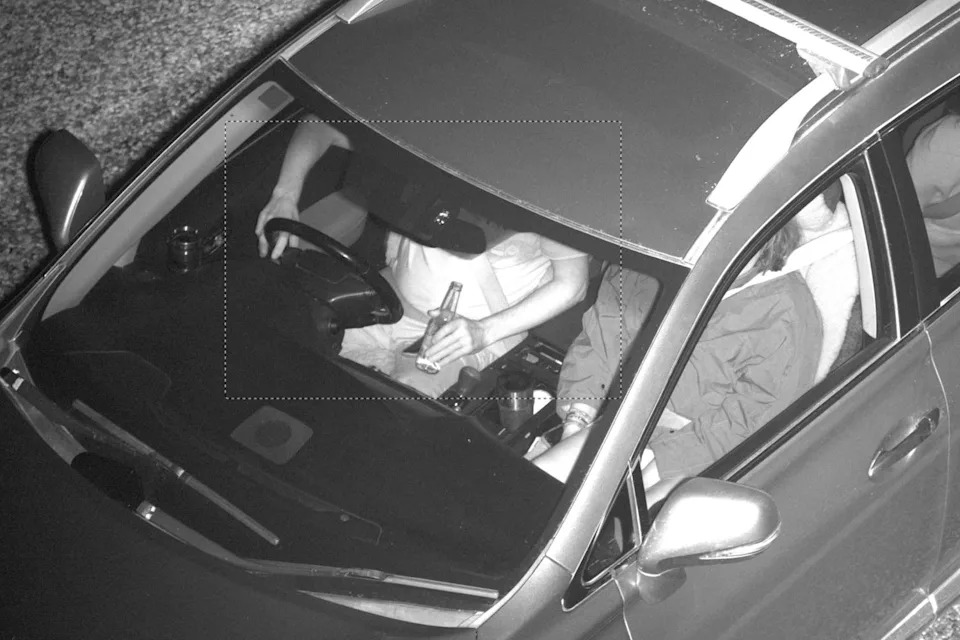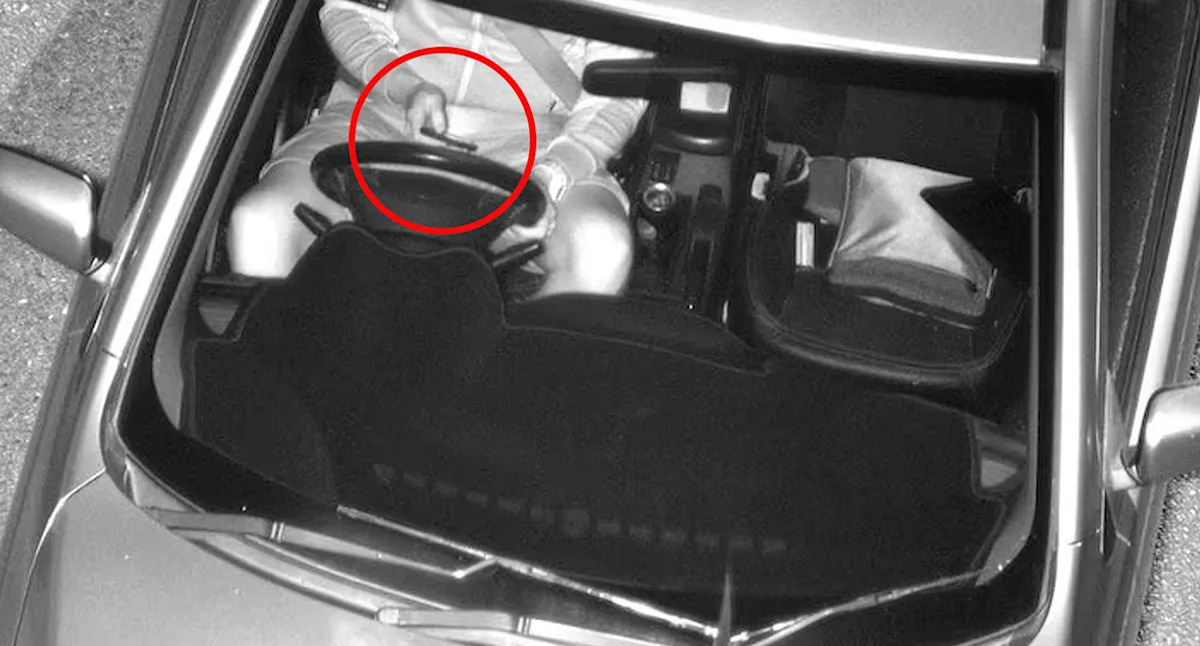Queensland’s artificial intelligence-powered cameras that catch drivers using phones or not wearing seatbelts could be crossing the line on privacy, a new report has warned.
The Queensland Audit Office found the Department of Transport and Main Roads (TMR) hadn’t properly considered the risks of using artificial intelligence or kept a close enough eye on how the systems are running. It also said the human checks meant to act as a safeguard need a rethink to make sure they’re fair before drivers get hit with fines.
The investigation revealed the state’s broader rules around AI are also falling short. The Department of Customer Services, Open Data and Small and Family Business, which wrote the government’s AI ethics policy, has little oversight of how agencies are actually using the technology.
TMR’s phone and seatbelt camera program never carried out the required ethical risk checks. That means potential problems — like dodgy image recognition, the handling and storage of driver photos, and whether humans have enough say in the process — weren’t properly examined.
In 2024 alone, the cameras made more than 208 million assessments. Of those, about 137,000 were looked at by a human reviewer, and roughly 114,000 fines were issued, pulling in more than $137 million.
Speaking to Yahoo News Australia, Transport Minister Brent Mickelberg insisted the system is already safe. “The privacy of Queenslanders is something we take extremely seriously,” he said.
“As outlined in the report, the Department has existing governance arrangements in place for the Mobile Phone and Seatbelt Technology program, which are well-positioned to manage ethical risks.
“TMR has already commenced implementing the Queensland Audit Office’s recommendations, and has developed a new AI Strategic Roadmap to ensure stronger oversight and protections.”
Have you been unfairly fined by new mobile and seatbelt detection cameras? Contact joe.attanasio@yahooinc.com

Governments across Australia are increasing their AI adoption. Source: WA government
New ‘AI roadmap’ to be rolled out in Queensland
The technology is supposed to cut down workloads by filtering out unlikely offences before humans check the rest. But the report said the “completeness” and effectiveness of this process need to be tested. Auditors have told the government to toughen up its AI rules and ordered TMR to create stronger checks and more transparency.
Lawyer Hayder Shkara warned that while most accept the life-saving benefits of phone and seatbelt cameras, new AI systems will only gain acceptance if they are proven to be both effective and ethical.
“No one disputes that phone and seatbelt cameras save lives. But if the government wants people to accept AI on the roads, it needs to show the systems are not only effective, but also ethical and accountable,” Shkara, director of Walker Pender Lawyers, told Yahoo News.
“Otherwise, the public will see revenue-raising, not road safety.”
Across Australia, the use of AI technology on roads is growing fast. From traffic cameras to smart sensors, authorities are increasingly relying on automated systems to monitor compliance, manage congestion, and improve safety.
The rise of AI on roads has sparked a broader debate about privacy and accountability. While the technology can catch dangerous driving and reduce manual workloads, experts warn there’s potential for errors and unintended consequences if oversight is weak.
Some drivers have expressed concerns about how their data is collected, stored, and used. As AI systems become more widespread, balancing efficiency with transparency and fairness is emerging as a key challenge for regulators nationwide.
Do you have a story tip? Email: newsroomau@yahoonews.com.
You can also follow us on Facebook, Instagram, TikTok, Twitter and YouTube.


